Maximizing Efficiency: A Guide to Choosing the Right Hot Water System
Need to pick a hot water system but not sure where to start? We’ll help you untangle the options. From gas to solar, this no-frills guide outlines the costs and efficiencies of different systems, with practical tips just ahead. Find out what you should consider and pinpoint the best fit for your home’s hot water needs without the headache.
Key Takeaways
-
There are four main types of hot water systems (gas, electric, solar, and heat pump) each with distinct benefits and drawbacks such as cost-effectiveness, energy efficiency, and installation requirements.
-
Key factors influencing hot water system selection include the size of your household, daily water usage, running costs, and energy efficiency, with the aim to minimize both utility bills and environmental impact.
-
Choosing between storage and continuous flow systems will depend on individual needs, and maintaining your hot water system with regular check-ups and adopting energy-saving practices can optimize efficiency and longevity.
Understanding Different Hot Water Systems
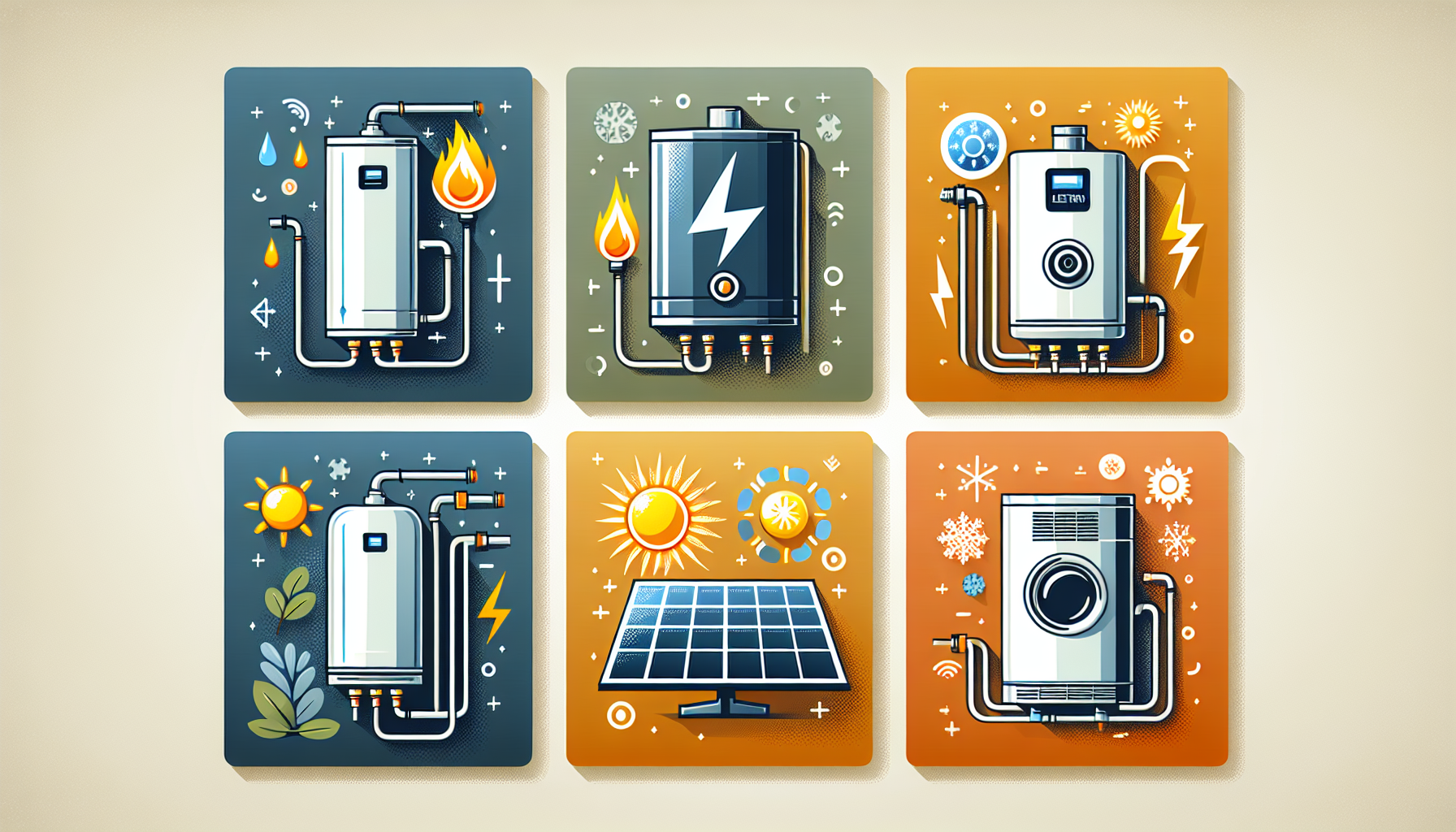
With various types of hot water systems on the market, deciding which one is right for your home can be overwhelming. But don’t worry, we have you covered. Each system has its unique set of pros and cons, and understanding these differences can help you make an informed decision.
We will begin by examining the four primary varieties of hot water systems: gas, electric, solar, and heat pump.
Gas Hot Water Systems
Gas hot water systems, a popular choice for many homeowners, are a subset of gas systems. They come in two main types: storage and continuous flow. Storage systems keep a tank of hot water ready for use, while continuous flow systems heat water as needed. These systems, powered by natural gas or LPG, are often more cost-effective in running costs compared to electric systems. However, keep in mind that gas storage systems can suffer from significant heat loss in cold climates, making them less efficient.
Electric Hot Water Systems
Electric hot water systems, including electric instantaneous water heaters, are favoured for their:
-
Simple design and reliability
-
Availability in various sizes to suit different household needs
-
Ease and lower cost of installation, as they don’t require venting or gas lines
However, they can be more expensive to run, especially if you’re using a conventional electric storage system.
Solar Hot Water Systems
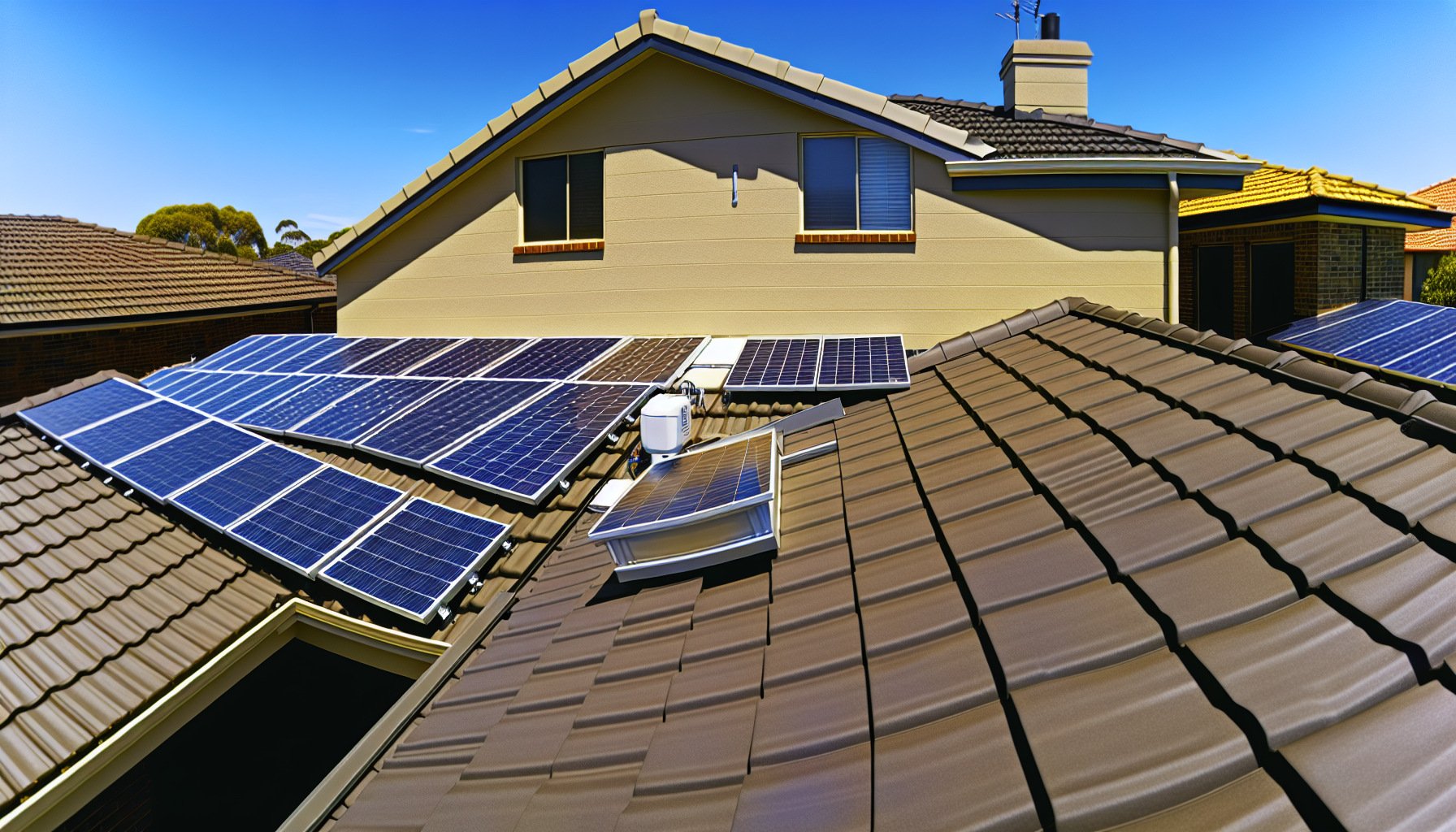
If you’re looking for an eco-friendly option, solar hot water systems are a fantastic choice. These systems harness the power of the sun to heat water, reducing greenhouse gas emissions and energy costs. They’re particularly effective in sunny climates like Australia, but their efficiency can be hampered if the solar panels are shaded or improperly installed.
So, if you’re considering a solar hot water system, make sure your roof is suitable and that the storage tank is close to the solar collectors to minimize heat loss.
Heat Pump Hot Water Systems
Heat pump hot water systems are the dark horses of the hot water world. They work by extracting heat from the surrounding air to heat water, making them highly efficient. These systems can produce up to three times more energy than they consume, saving up to 70% on power bills and using significantly less electricity than conventional electric systems. They’re suitable for a wide range of climates, performing best in moderate conditions and still effective in colder climates.
Plus, they don’t require roof-installed panels like solar water heaters, making them easier to install in some cases.
Factors to Consider When Choosing a Hot Water System
Having discussed the various types of hot water systems, it’s worth considering a few critical factors when selecting one. These include:
-
System type
-
Efficiency
-
Cost
-
WaterMark certification, which ensures compliance with health, safety, and quality standards
By taking these factors into account, you can ensure that you choose a system that meets your specific needs and delivers the best performance.
Household Size and Water Usage
The size of your household and water usage should be your initial considerations. On average, each person uses around 50-100 litres of hot water per day, so a family of four could use up to 400 litres a day. The number of bathrooms, the age of household occupants, and whether multiple appliances need hot water at the same time can also influence your hot water needs.
Larger homes may require more than one gas hot water unit or a larger electric hot water system. Therefore, it’s beneficial to have a supplier analyze your home and usage patterns to ensure the system is sized accurately.
Energy Efficiency and Running Costs
Also, give due thought to energy efficiency and running costs. Water heating accounts for a significant portion of household energy use in Australia, impacting both running costs and greenhouse gas emissions. The energy performance of hot water systems critically affects their running costs and environmental impact over their operational lifespan.
While gas hot water systems can provide savings on utility bills compared to electric heaters, solar hot water systems offer the highest energy savings and least environmental impact, significantly reducing water heating bills by about 50% to 80%. Rebates and incentives can also reduce the purchase and installation costs of efficient hot water systems like solar and heat pumps.
Installation and Maintenance Requirements
Don’t forget to factor in the hot water system’s installation and maintenance requirements. For instance, gas storage hot water systems require significant space for installation and careful consideration must be given to gas venting requirements. Hard water can cause more rapid corrosion, affecting the longevity of hot water systems.
Regular maintenance, such as flushing the tank, replacing sacrificial anodes every 3-5 years, and checking pressure relief valves every 6 months, is crucial to prevent corrosion and extend the system’s lifespan. A qualified professional should carry out the servicing of hot water systems, ensuring adherence to manufacturer recommendations and proper maintenance.
Storage vs. Continuous Flow Systems
We will now juxtapose storage tank and continuous flow systems. Both types have their unique benefits and drawbacks, and understanding these can help you make an informed decision based on your specific household needs.
Storage Tank Hot Water Systems
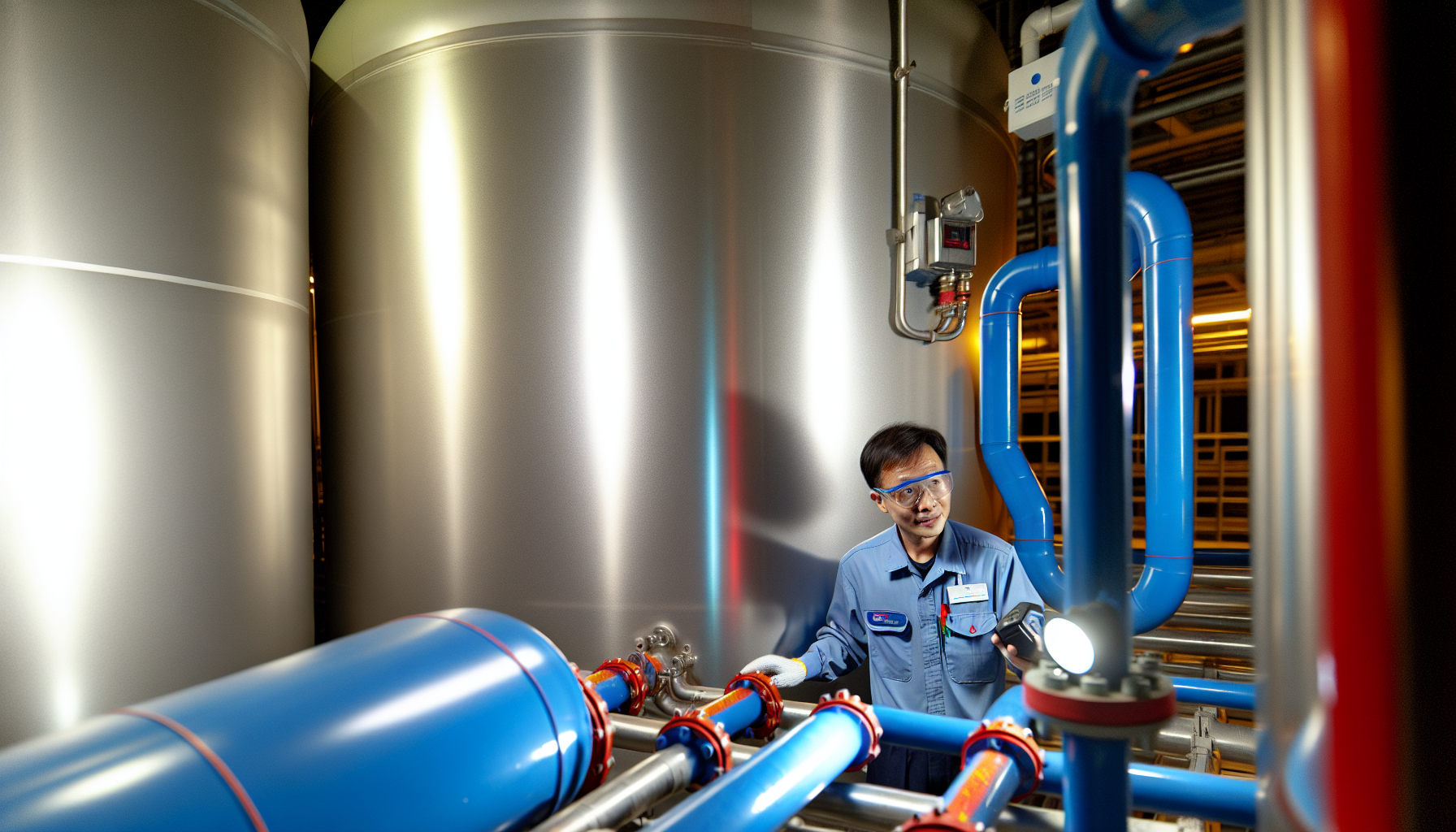
Storage tank hot water systems function by using a cold water inlet to fill the tank where water is heated using a gas burner or electric element and then kept insulated to minimize heat loss. Efficiency and safety in storage tank systems are maintained by regulating temperatures to prevent bacterial growth while avoiding scalding, and including a pressure relief valve to manage buildup from the heated water. However, regular maintenance is crucial to prevent corrosion and extend the system’s lifespan.
The size of a storage tank hot water system is determined based on the number of people using the hot water, with a variety of tank sizes available to cater to the specific needs of different households.
Continuous Flow Hot Water Systems
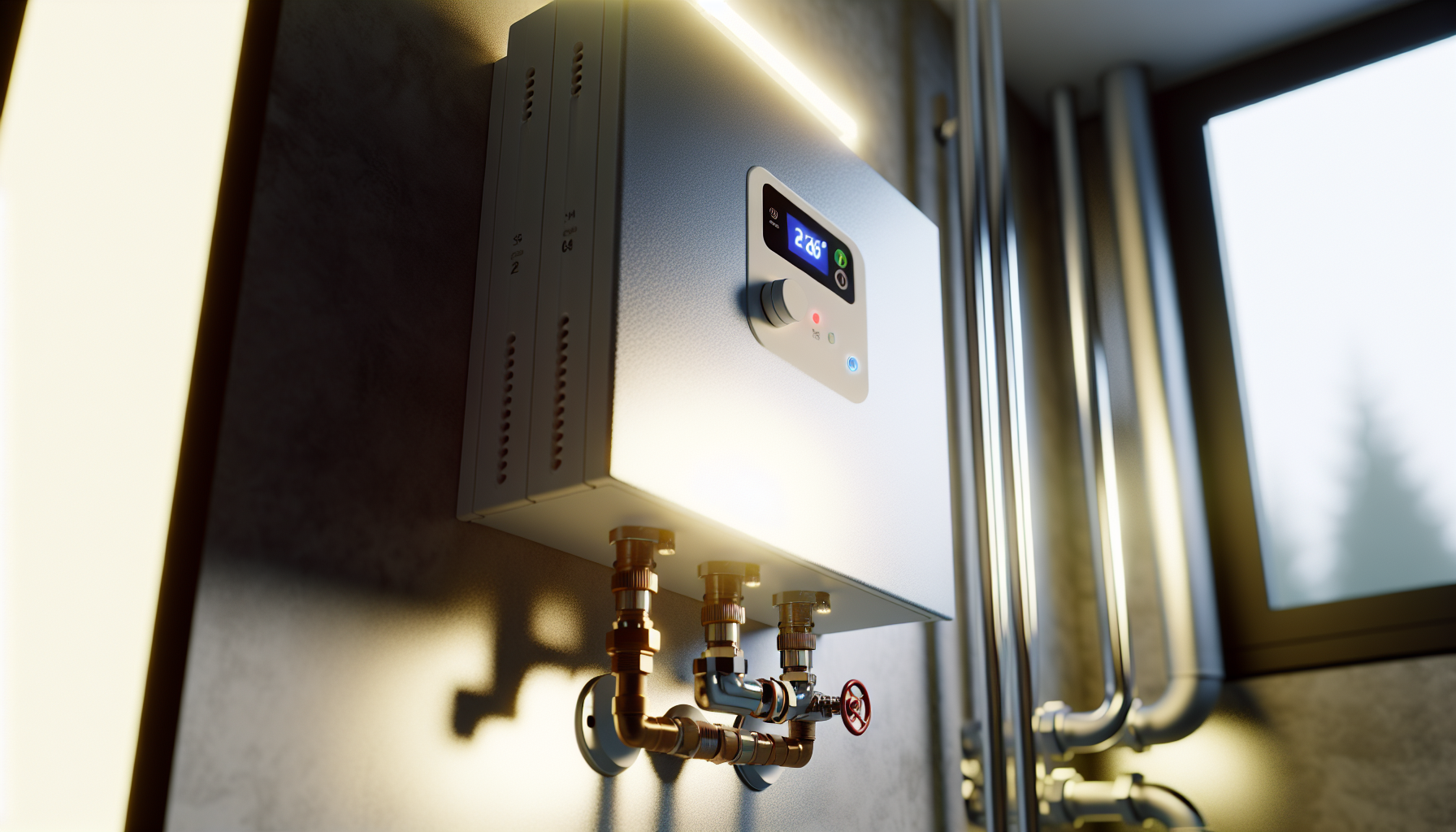
On the other hand, continuous flow hot water systems heat water only when a hot tap is turned on, activating a flow sensor that engages the heating element. These systems are particularly beneficial for smaller households or those mindful of water usage, as they don’t heat a large volume of water in a tank and are generally more energy-efficient than gas storage systems. However, they do have their drawbacks, including a slight delay in hot water arrival at the tap and reduced pressure when multiple outlets are in use.
Tips for Maximizing Hot Water System Efficiency
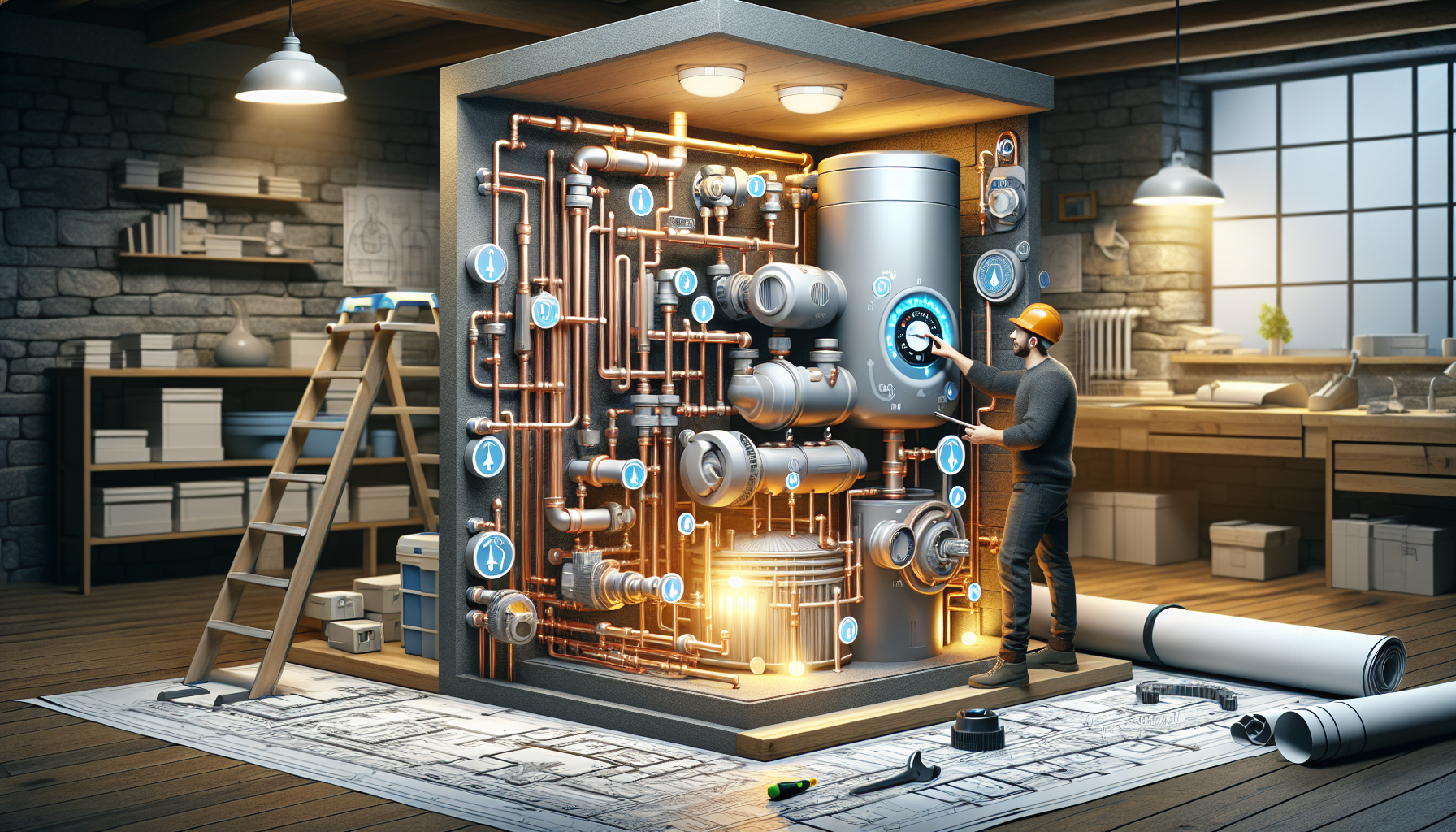
Enhancing the efficiency of your efficient hot water system could yield substantial energy and cost savings. Here are some suggestions for fully utilizing your hot water system, be it a storage tank or a continuous flow system.
Proper Sizing and Installation
Selecting the correct size for your hot water system is critical for energy optimization and for cutting unnecessary energy costs. Heat losses, or ‘standing losses,’ from the storage cylinder are more significant in small households and can contribute considerably to energy use. Therefore, accurate hot water system sizing should take into account the number of household occupants and their usage patterns, including peak demand times, to ensure the system is neither too large nor too small.
Additionally, professional installation is key to enhancing the efficiency and performance of the hot water system.
Regular Maintenance and Inspections
Maintaining your hot water system appropriately is key for:
-
Energy efficiency
-
Extending its lifespan
-
Ensuring consistent hot water supply
-
Guaranteeing safety
Regular maintenance can help identify and address potential issues before they escalate, avoiding costly repairs or replacements.
Therefore, it’s advisable to have a hot water heater serviced annually or every 5 years, depending on the type of system and manufacturer recommendations.
Energy-Saving Practices
Finally, adopting energy-saving practices can considerably enhance your hot water system’s efficiency. For instance, heat pump hot water systems and electric storage systems can utilize off-peak electricity tariffs to reduce utility costs. Insulating hot water pipes is a cost-effective measure to prevent heat loss, conserving energy, and reducing the need to reheat water.
Moreover, setting the thermostat to the recommended temperature of around 120°F (49°C) prevents overheating, saving energy and reducing the risk of scalding.
Summary
In conclusion, choosing the right hot water system involves understanding the different types available and considering various factors, including your household size and water usage, the system’s energy efficiency and running costs, and its installation and maintenance requirements. Whether you opt for a gas, electric, solar, or heat pump system, or a storage tank or continuous flow system, remember that its efficacy largely depends on your specific needs and circumstances. By making an informed decision, you can enjoy a reliable hot water supply while saving energy and reducing your environmental impact.
Frequently Asked Questions
Who is eligible for government free hot water systems Victoria?
Businesses in Victoria with electric or natural gas-powered water heaters are eligible for a government-sponsored free upgrade to a heat pump-driven hot water system if the upgrade is undertaken at a business/non-residential premises.
What is the $33 hot water rebate NSW?
You can get a 215L air sourced heat pump water heater for only $33 if you apply for an electric to heat pump hot water system upgrade in NSW. Business users can also avail the upgrade for an additional fee.
How much does it cost to replace a hot water system Australia?
In Australia, the cost to replace a hot water system ranges from $800 to $3000 on average, including the purchase, installation, and any required modifications to plumbing or electrical networks.
What is the most efficient type of water heater?
The most efficient type of water heater is a heat pump hot water system, which can be up to three times more efficient than an electric hot water system. Another efficient option is a solar-powered water heater, although it tends to be more expensive to purchase. Consider choosing an electric heat pump water heater for a more energy-efficient option.
What are the different types of hot water systems?
Hot water systems include gas, electric, solar, and heat pump systems, each with their own advantages and disadvantages. Understanding these differences can help you choose the best system for your needs.








